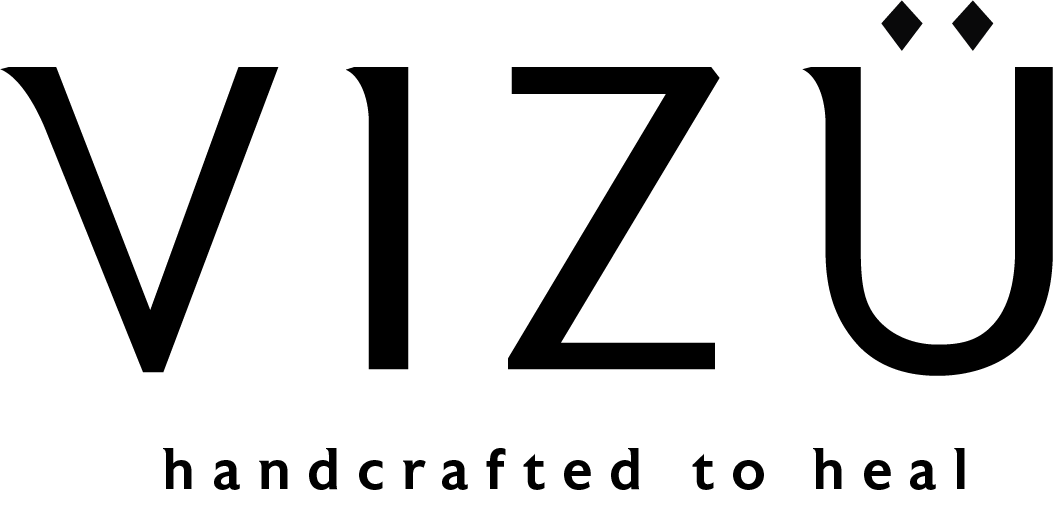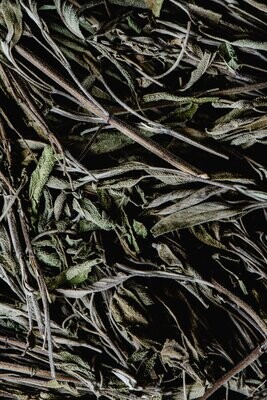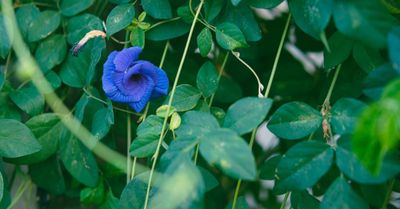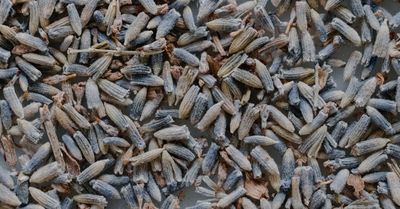FOREST BATH
Sinus, nasal decongestant, lungs strengthening, relaxation
Forest bathing, translated from the Japanese phrase shinrin yoku , is a form of nature therapy which is meant to help improve physical, mental, and spiritual health. This ecotherapy is practiced by intentionally relaxing in nature without other distractions. Japanese doctors had began prescribing this therapy since the early 1980s.
One such doctor is Qing Li, whose book reflects his 25 years of forest bathing research. “This is not exercise, or hiking, or jogging. It is simply being in nature, connecting with it through our sense of sight, hearing, taste, smell and touch.” ― Forest Bathing: How Trees Can Help You Find Health and Happiness
1. Cypress - an evergreen tree native to Asia and the Mediterranean area. Early physicians recommended that patients with lung ailments go to the island of Crete, which had dense forests of cypress trees. It was highly valued as a medicine and as an incense by ancient civilizations and it is still used as a purification incense by the Tibetians.
2. Eucalyptus - is native to Australia. The forests of Australia are made up of over 90% eucalyptus trees. There are about 700 different species of eucalyptus. The Aborigines of Australia used eucalyptus as a remedy for colds, sore throats, breathing difficulties, congestion relief, infections, and pain.
3. Tea tree - an evergreen tree native to Australia and is found in wet lowland locations. The Aborigines inhale the oils from the crushed leaves to treat coughs and colds, they also make an infusion from the leaves to treat skin ailments and sore throat.
4. Pine - an evergreen tree native to Asia and Europe. It is estimated that a pine can live to 1200 years old. The American Indians used pine needles to prevent scurvy and the bark and berries for rheumatism, broken bones, bruises, sores, inflammation, colds, coughs, lung ailments, headaches, and to fight infections.
5. Frankincense - native to Arabia, Africa and India; it is found in hot, dry locations. Traditionally, frankincense was used to fumigate sickrooms. Nearly 5,000 years ago, the ancient Egyptians burned the incense of frankincense in the temples during religious ceremonies. The Ancients also used frankincense to improve circulation, relieve congestion of the breathing passages, ease muscle and joint aches, regulate menstruation, and reduce inflammations.
6. Copaiba - an evergreen tree native to the Amazon rainforest. Copaiba is the antibiotic of the forest. The natives use copaiba resin as an ointment to heal the skin. Copaiba oil is a traditional remedy for sore throat as it has antibacterial and anti-inflammatory properties.
7. Myrrh - native to Africa and Red Sea region, the use of myrrh is mentioned 3700 years ago and its traditionally used for embalming purposes, for perfume, incense, beauty and medicine. Myrrh has a anti-inflammatory and warming and drying effect on our respiratory system, making it effective for phlegmy cough, drippy nose, asthma and common cold.
- Perfect for both day and night aromatherapy. Inhalation via a water diffuser or nebuliser is the best way to enjoy the benefits of FOREST BATH.
- Diffuse this blend to sleep will gradually help to clear nasal congestion in the mornings. This method works best for asthma and sinus sufferers.
- For quick emergency fix of runny or congested nose, use 1-2 drops of FOREST BATH onto mask, tissue/towel, cotton ball and inhale deeply for 10 minutes. Ensure that oil does not touch your skin directly or it may cause dermal irritation.
- Aromatherapy using FOREST BATH (5-10 drops in diffuser) helps to clear the mind, induce relaxation, and also promotes a healthy immune and respiratory system.
- Can be used daily in a face mask for opening up breathing passages. If nose is ultra sensitive, do allow the blend to evaporate for a couple of minutes before putting the mask on.
Wild cypress leaf oil, eucalyptus kochii leaf oil, wild pine leaf/needle oil, wild frankincense gum oil, ho wood oil, wild copaiba oleoresin, tea tree leaf oil, organic myrrh resin extract, blue cypress wood oil, amyris resin oil.






